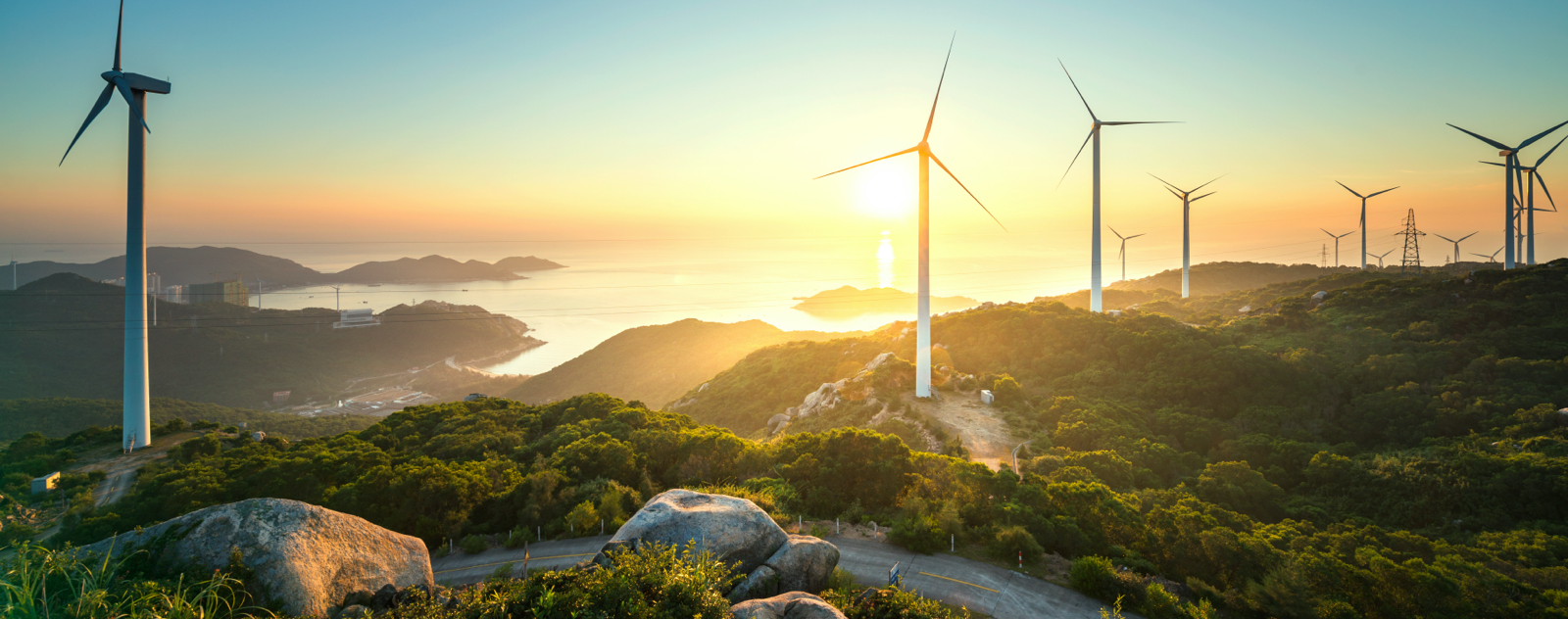ESG in Equities: Identifying Winners in the Energy Transition
The global response to climate change has escalated in recent years, evidenced in part by the policy steps being taken by governments around the world. Within hours of being sworn in as the 46th U.S. president, for instance, Joe Biden signed an executive order to reaccept the Paris Agreement—thereby committing the U.S. to outlining climate actions, known as nationally determined contributions, and to pursue domestic mitigation measures aimed at achieving the objectives of such contributions. The European Commission announced the European Green Deal in December 2019, which aims to transform the region into a low-carbon economy by achieving carbon neutrality by 2050 and decoupling economic growth from resource use. And in China, Xi Jinping announced a pledge to make the world’s biggest GHG emitter carbon neutral by 2060.
These commitments have already affected, and will likely continue to influence, the investment landscape, whether directly or indirectly. Indeed, Article 2 of the Paris Agreement calls for synchronizing investment flows with efforts to bring about low GHG emissions and climate-resilient developments. Companies that are directly or indirectly exposed to these trends will almost certainly be impacted as a result—but not all companies will be winners, and careful analysis will be needed to identify those that stand to benefit and those that may see a threat to their business model.
In this first piece of a new series on environmental, social and governance (ESG) in equities, we explore the potential opportunity created from increased investment in two key policy areas under the European Green Deal—clean energy and the elimination of pollution.




